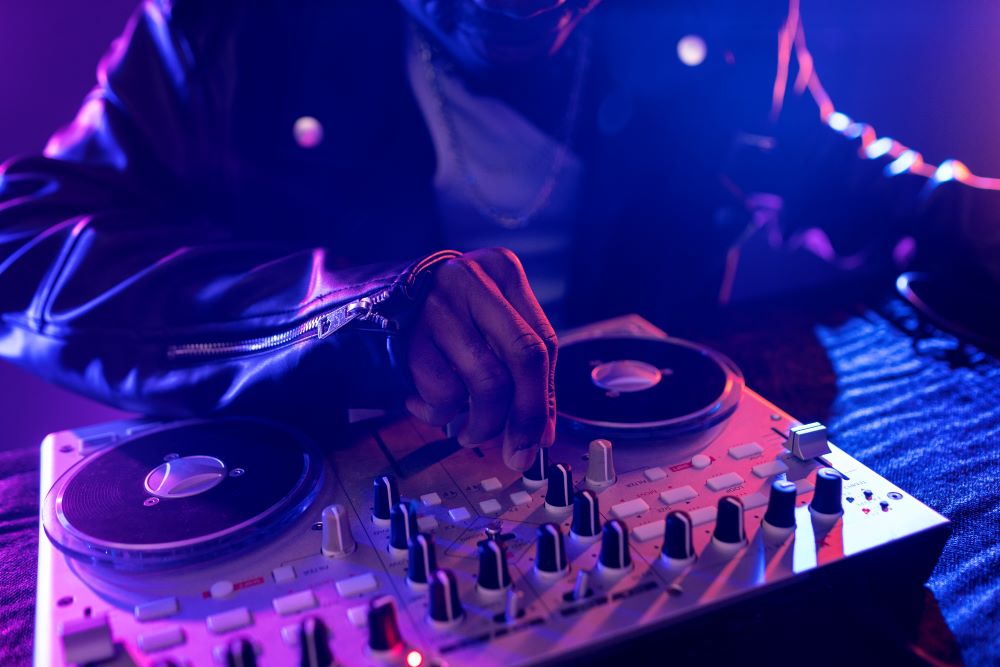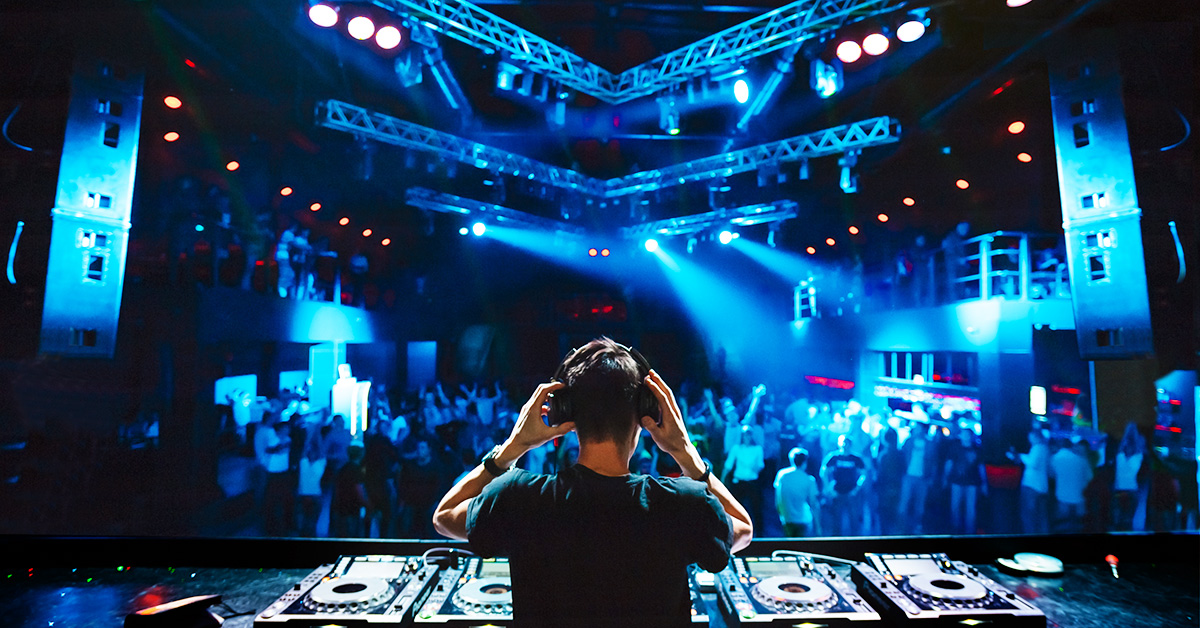When setting up a DJ sound system, achieving the perfect balance of frequencies is crucial for delivering clear, powerful audio. One essential element in this process is the crossover frequency. Understanding what crossover frequencies are and why they matter can make a significant difference in optimizing your DJ speakers for the best possible sound performance.
What Are Crossover Frequencies?
Crossover frequencies refer to the specific points where audio signals are divided and routed to different speaker drivers based on their frequency range. In a typical DJ speaker setup, sound is split into different bands to be handled by specific components:
- Tweeters: Handle high frequencies (typically above 2kHz)
- Midrange Drivers: Cover midrange frequencies (approximately 200Hz–2kHz)
- Woofers: Reproduce low frequencies (below 200Hz)
- Subwoofers: Handle deep bass frequencies (below 100Hz)
A crossover is an electronic circuit or device that ensures each speaker driver receives only the frequencies it is designed to reproduce, preventing distortion and improving overall sound clarity.
Types of Crossovers
DJ speakers typically use one of the following types of crossovers:
- Passive Crossovers – These are built into speakers and use capacitors and inductors to filter frequencies before sending them to the respective drivers. Passive crossovers are convenient but can introduce some signal loss.
- Active Crossovers – External devices that separate frequencies before amplification, ensuring precise control over frequency distribution. They allow DJs and sound engineers to fine-tune their sound systems for better efficiency and customization.
Why Do Crossover Frequencies Matter for DJ Speakers?
Properly setting crossover frequencies is essential for several reasons:
- Prevents Speaker Damage: Sending low frequencies to tweeters or high frequencies to subwoofers can damage the drivers. A properly configured crossover ensures each component handles only its designated frequencies.
- Improves Sound Clarity: By directing specific frequencies to the appropriate drivers, crossovers reduce distortion and enhance clarity.
- Enhances Bass Response: Subwoofers deliver punchy, deep bass without interference from higher frequencies, making beats more impactful.
- Maximizes Efficiency: Well-implemented crossovers allow speakers to operate at their optimal capacity, resulting in a more dynamic and powerful performance.
Fine-Tuning Your Crossover Frequencies
To get the best results from your DJ speakers, it’s important to set crossover points correctly. Common crossover settings include:
- Subwoofer: 80Hz–120Hz
- Woofer to Midrange: 200Hz–500Hz
- Midrange to Tweeter: 2kHz–4kHz
Adjusting these settings based on your venue size, speaker placement, and music style will help optimize your sound for any DJ event.
Why Choose Sousys for High-Performance DJ Speakers?
At Sousys, we understand the importance of precise audio control for DJs. Our DJ speaker range is designed with high-quality built-in crossovers that ensure seamless frequency distribution, delivering unmatched sound clarity and power. Whether you need compact speakers for small gigs or high-output systems for large venues, Sousys provides top-tier audio solutions tailored for professionals. Explore our collection today and experience the perfect blend of innovation and performance.












